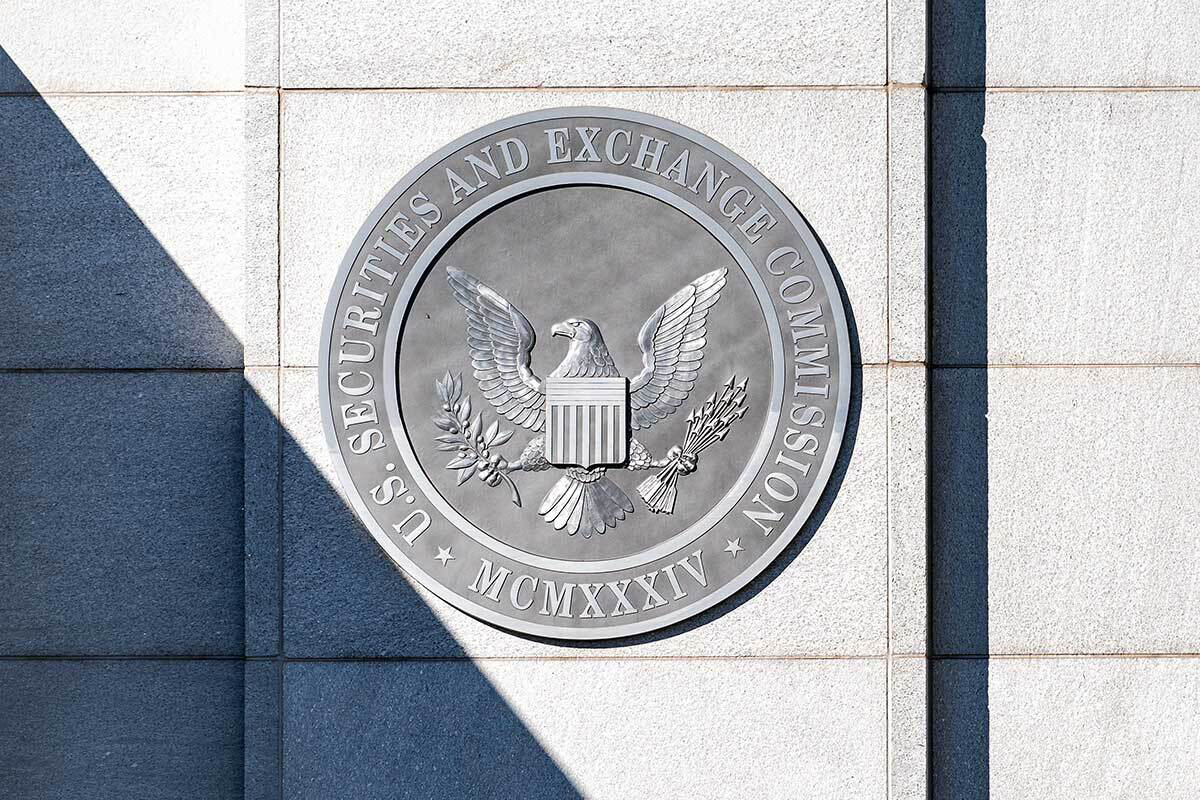SEC Backs Away from DeFi Crackdown Amid Industry Opposition
11.03.2025 8:00 1 min. read Kosta Gushterov
U.S. regulators are reevaluating their stance on decentralized finance (DeFi) after Acting SEC Chair Mark Uyeda signaled plans to drop a controversial proposal.
The rule, originally designed to expand the definition of exchanges to include DeFi protocols, faced intense criticism from industry stakeholders who warned it could stifle innovation and impose impractical compliance requirements. Uyeda acknowledged these concerns and directed SEC staff to explore withdrawing the crypto-related portion of the proposal.
The proposed changes stemmed from modifications to Regulation ATS, which was initially introduced to regulate alternative trading systems. Under the previous SEC administration, the rule was revised to potentially classify DeFi platforms as regulated exchanges.
Critics argued this approach ignored the decentralized nature of these networks and could create significant legal and operational hurdles. Uyeda’s recent statement suggests a shift in regulatory priorities, as the agency reconsiders its oversight approach toward digital assets.
The decision follows broader regulatory shifts in the U.S., where the SEC has recently rolled back certain crypto-related policies. This includes rescinding strict accounting guidelines and dropping enforcement actions against industry players.
The agency’s evolving stance indicates a move toward a less restrictive regulatory environment for digital assets. Meanwhile, cooperation between the SEC and the Commodity Futures Trading Commission (CFTC) is expected to provide greater clarity on how cryptocurrencies will be regulated moving forward.
-
1
U.S. House Passes Sweeping Clarity and GENIUS Acts
17.07.2025 23:29 1 min. read -
2
Senate Confirms Crypto-Linked Nominee Jonathan Gould to Head OCC
11.07.2025 9:00 2 min. read -
3
U.S. Regulators Define Crypto Custody Rules for Banks
15.07.2025 9:00 1 min. read -
4
South Korea Urges Asset Managers to Limit Exposure to Crypto Stock Like Coinbase,MicroStrategy
23.07.2025 10:00 1 min. read -
5
Crypto Legislation Moves Forward Amid GOP Infighting Over CBDC Ban
17.07.2025 6:30 2 min. read
Hong Kong to Launch Stablecoin Licensing Regime on August 1, 2025
The Hong Kong Monetary Authority (HKMA) has officially released documentation outlining its upcoming stablecoin issuer licensing framework, which is set to take effect on August 1, 2025.
Nigeria Signals Greenlight for Stablecoin Innovation Under New Regulatory Vision
Nigeria is taking a decisive step toward embracing stablecoin adoption, as the country’s Securities and Exchange Commission (SEC) outlined its readiness to support digital currency innovation—under clear regulatory conditions.
South Korea Urges Asset Managers to Limit Exposure to Crypto Stock Like Coinbase,MicroStrategy
South Korea’s top financial watchdog has issued informal guidance urging local asset managers to scale back their investments in crypto-related stocks, according to a Korean Herald report.
SEC Reverses Bitwise ETF Approval Just Hours After Greenlight
In a surprising move on Tuesday, the U.S. Securities and Exchange Commission (SEC) initially approved Bitwise’s proposal to convert its cryptocurrency index fund into a full-fledged exchange-traded fund (ETF)—only to halt the decision just hours later.
-
1
U.S. House Passes Sweeping Clarity and GENIUS Acts
17.07.2025 23:29 1 min. read -
2
Senate Confirms Crypto-Linked Nominee Jonathan Gould to Head OCC
11.07.2025 9:00 2 min. read -
3
U.S. Regulators Define Crypto Custody Rules for Banks
15.07.2025 9:00 1 min. read -
4
South Korea Urges Asset Managers to Limit Exposure to Crypto Stock Like Coinbase,MicroStrategy
23.07.2025 10:00 1 min. read -
5
Crypto Legislation Moves Forward Amid GOP Infighting Over CBDC Ban
17.07.2025 6:30 2 min. read


